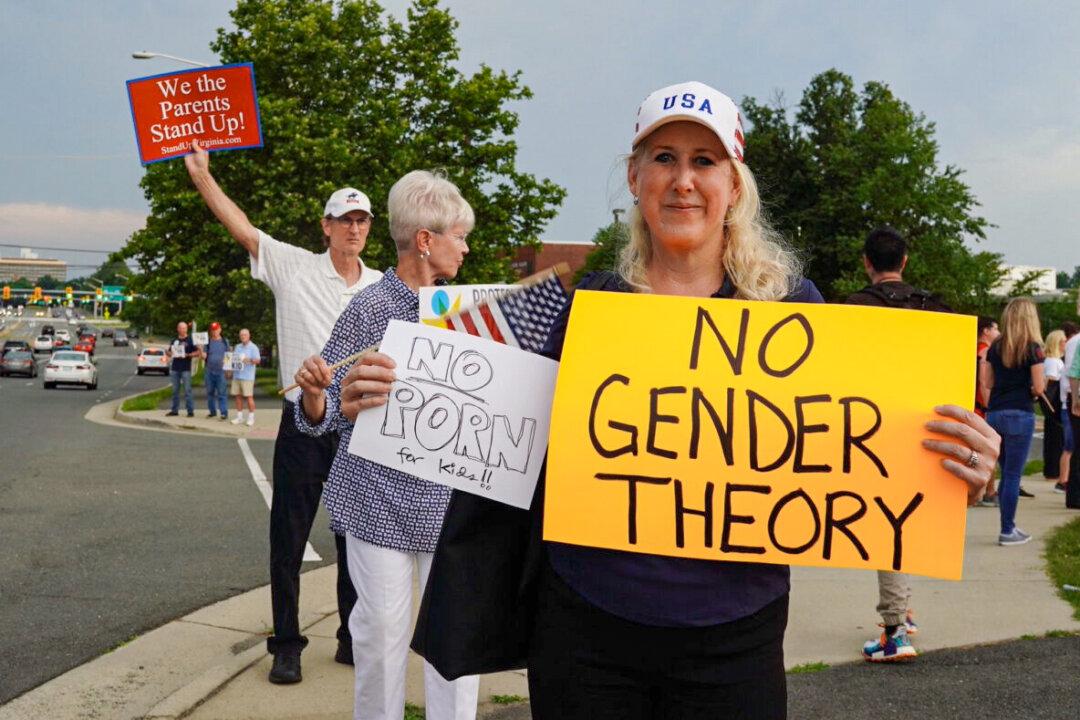Rachel sometimes speaks of her daughter as if she were no more.
Her voice will never be heard again. Her body has been cut apart. Her old friends refuse to even say her name, Rachel said.

Rachel sometimes speaks of her daughter as if she were no more.
Her voice will never be heard again. Her body has been cut apart. Her old friends refuse to even say her name, Rachel said.